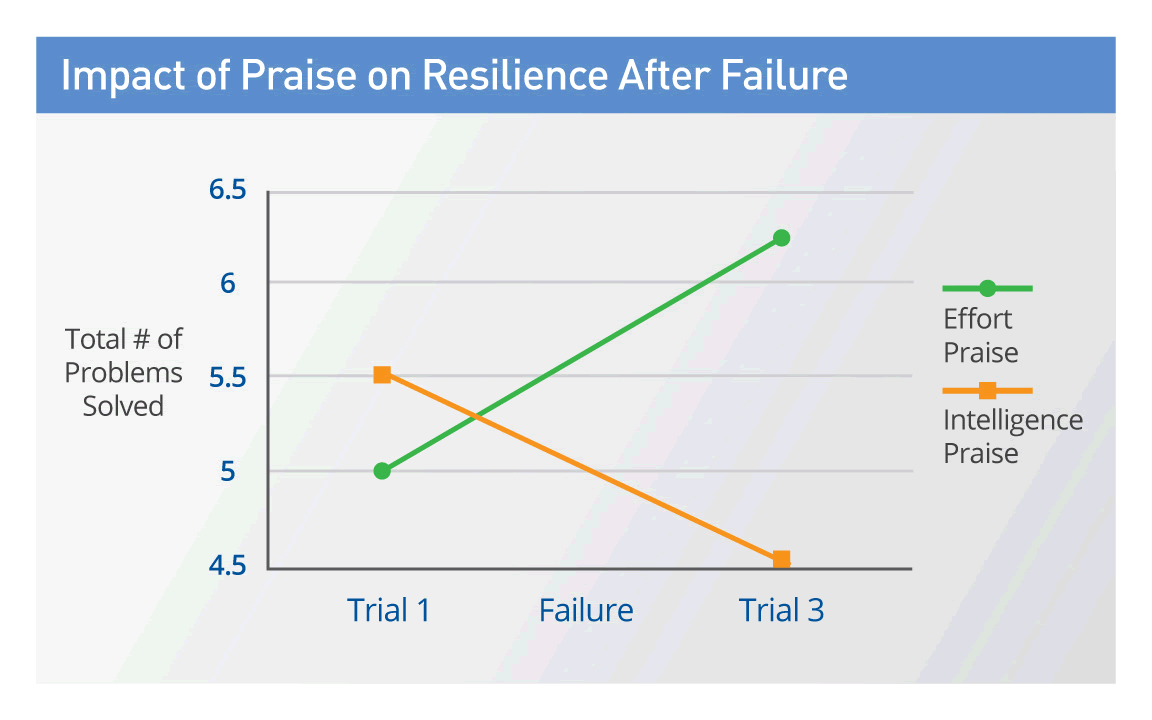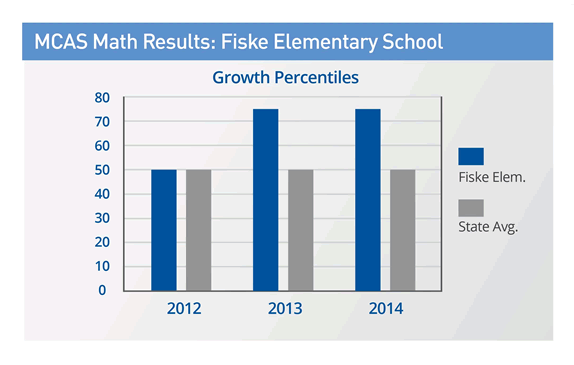
Over 30 years ago, Carol Dweck and her colleagues became interested in students' attitudes about failure. They noticed that some students rebounded while other students seemed devastated by even the smallest setbacks. After studying the behavior of thousands of children, Dr. Dweck coined the terms fixed mindset and growth mindset to describe the underlying beliefs people have about learning and intelligence. When students believe they can get smarter, they understand that effort makes them stronger. Therefore they put in extra time and effort, and that leads to higher achievement.
Recent advances in neuroscience have shown us that the brain is far more malleable than we ever knew. Research on brain plasticity has shown how connectivity between neurons can change with experience. With practice, neural networks grow new connections, strengthen existing ones, and build insulation that speeds transmission of impulses. These neuroscientific discoveries have shown us that we can increase our neural growth by the actions we take, such as using good strategies, asking questions, practicing, and following good nutrition and sleep habits.

At the same time that these neuroscientific discoveries were gaining traction, researchers began to understand the link between mindsets and achievement. It turns out, if you believe your brain can grow, you behave differently. So the researchers asked, “Can we change mindsets? And if so, how?” This began a series of interventions and studies that prove we can indeed change a person’s mindset from fixed to growth, and when we do, it leads to increased motivation and achievement. For example, 7th graders who were taught that intelligence is malleable and shown how the brain grows with effort showed a clear increase in math grades.

In addition to teaching kids about malleable intelligence, researchers started noticing that teacher practice has a big impact on student mindset, and the feedback that teachers give their students can either encourage a child to choose a challenge and increase achievement or look for an easy way out. For example, studies on different kinds of praise have shown that telling children they are smart encourages a fixed mindset, whereas praising hard work and effort cultivates a growth mindset. When students have a growth mindset, they take on challenges and learn from them, therefore increasing their abilities and achievement. Read more about how teacher practices impact student mindsets and achievement.

What does growth mindset teaching look like in the real world? When we take the research out of the laboratory and into the classroom, we see amazing results. One such case study is Fiske Elementary School. With a diverse student population of English language learners and special education students, the administrators at Fiske infused growth mindset into the school culture by starting with teacher mindsets. Teachers took part in a Mindset book study the first year of implementation, and completed the MindsetMaker™ online professional development the second year. While state test scores in math remained stagnant, Fiske Elementary saw amazing growth, which they attributed to a growth mindset teacher practices and culture shift. Read more Case Studies about closing the gap between research and practice.